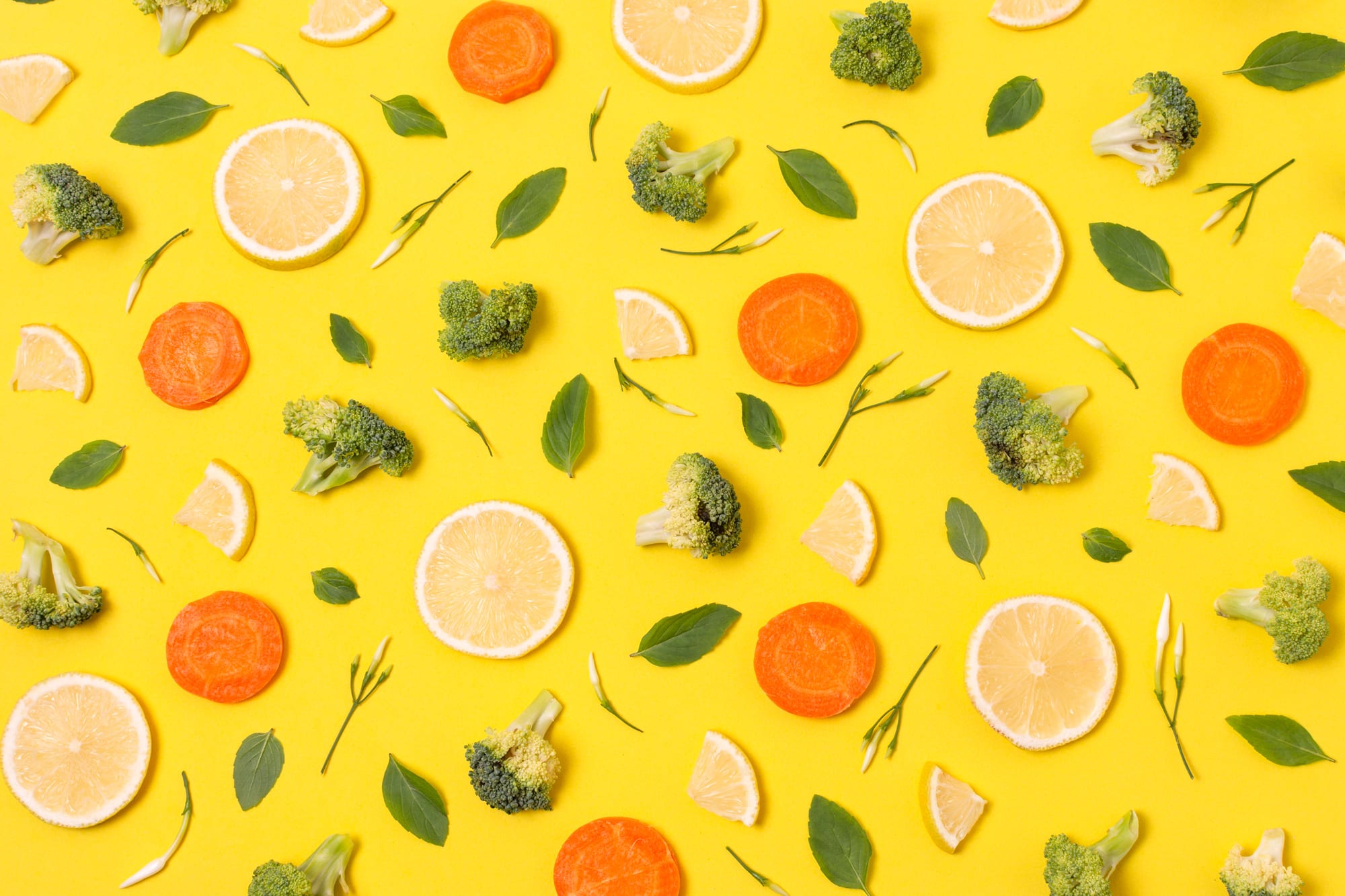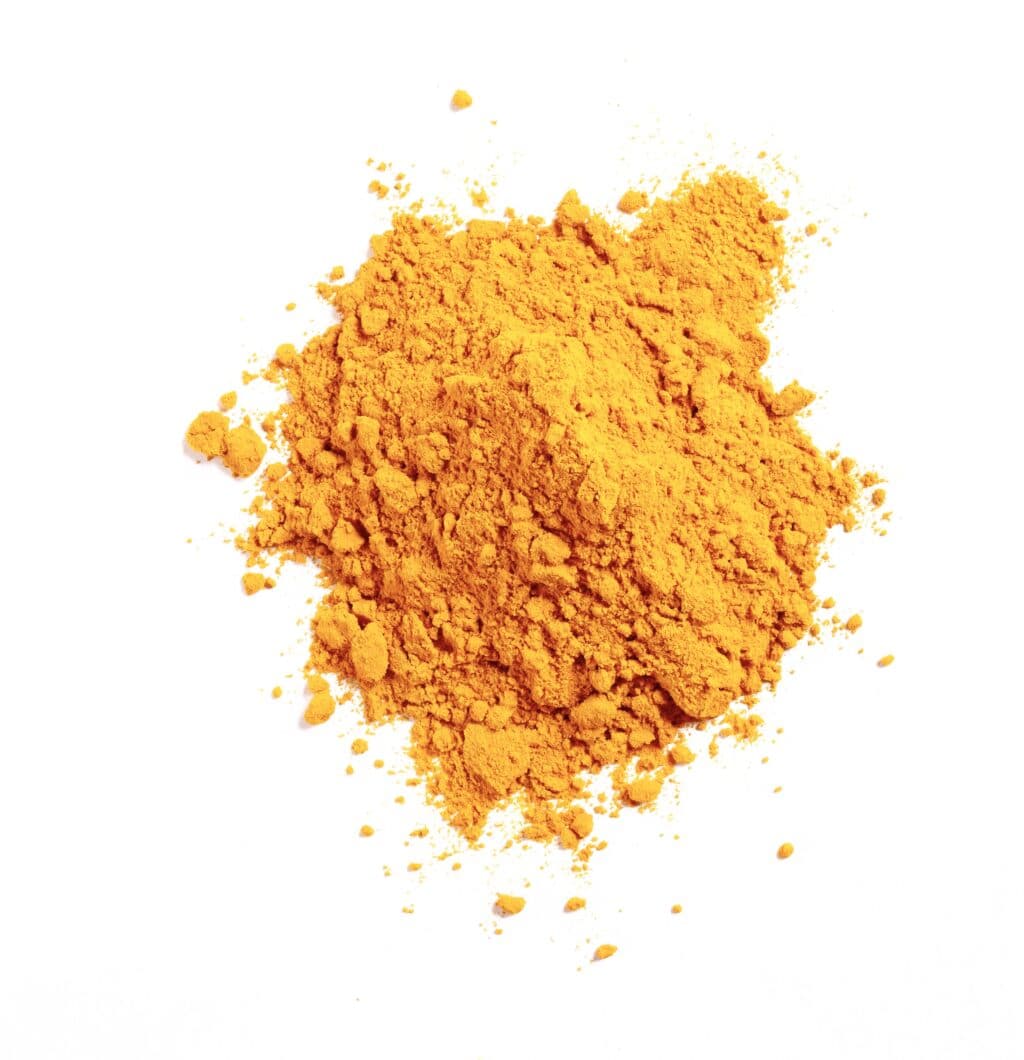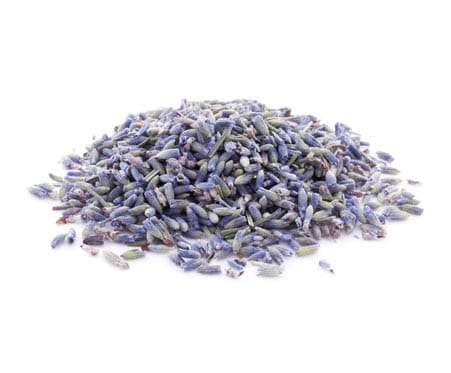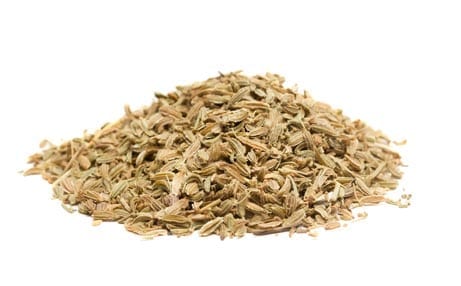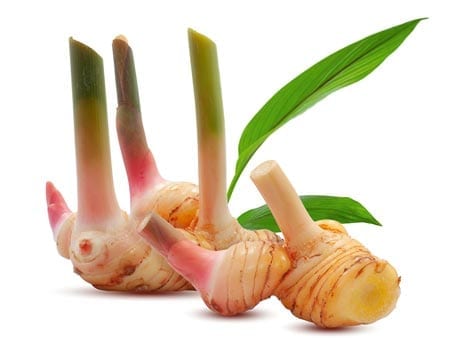As we continue to fight COVID-19 and the ongoing effects it has had on the world, consumers have demonstrated an overwhelming increase in interest towards one thing in particular: detox culture. Detoxing is the act of completely removing something from your life that you determine to be harmful, whether it’s carbs, sugar, or social media. This act of reforming one’s self is closely associated with the resurgence of health-conscious living, though detoxing often goes beyond a slight shift in one’s diet. Oftentimes, detoxing is viewed as a fundamental change to a person’s way of life, and it can be incredibly difficult to adjust to. However, with more and more people realizing that the way they currently live is either unhealthy or unsustainable, detox culture has risen sharply in prominence among mainstream audiences.
During a detox, the harmful influence being removed is almost always replaced by a healthier alternative, and ingredients are constantly featured as being useful for “detoxing” the body. These typically include citrus, ginger, vinegar, mints, and other fruits, as detox culture usually goes hand-in-hand with naturalistic culture. Being in tune with nature, the environment, and your own humanity is vital to detoxing, and meditation is also an extremely common practice among those attempting a detox. By incorporating these detox ingredients into healthy or low calorie products, producers can easily apply their own materials to consumers interested in detoxification. So long as the “natural” elements are heavily emphasized, the association and implied marketability for that product also exists within detox procedures, as everyone approaches detox sessions in their own unique way.
As this trend continues to grow, it seems almost guaranteed that our industry will experience a huge growth in the interest of raw botanicals. Deeply connected to the history of traditional healing methods from cultures all across the world, these ingredients are the cornerstone of many products mainstream consumers purchase within the already-existing detox culture. Ingredients such as Ginger, Turmeric, Lemon, and Lavender are considered to resemble aspects of mindfulness such as “healing” and “tranquility,” which makes them especially appealing to those looking to make their first steps into detoxing methodology. Certain exotic spices such as Galangal Root, Moringa Root, and Perilla Oil are also commonly found among long-term detox participants. By introducing flavorings based on the ingredients found within common detox throughlines, producers can continue to offer new and exciting experiences for consumers looking to enhance their palettes while simultaneously “cleansing” themselves of whatever aspect of their lives their detox has targeted.
This detox culture goes far beyond our food though, and many trends on social media are centered around the so-called “digital detox.” Because we live in a world so interconnected, we are constantly exposed to the negativity surrounding our lifestyles, our politics, and our planet. Many people find that this constant exposure creates an overwhelming sense of mental dread, as uncertainty compounds into depression and other mental health issues. In times as uncertain as these, it’s important to recognize that we have full control over the material we absorb and the social media we choose to use. Stopping to disconnect from everything for days, or even weeks, can do wonders for a person’s mental health, and consumers are becoming more and more aware of this fact with each passing day. Comfort and reassurance are a rarity for most, but producers can at least help a small amount by actively encouraging self-care and assuring consumers that the products they purchase are healthy choices with the future of the planet in mind.
Related Products
Available in:
![]() Conventional Oils
Conventional Oils
![]() Organic Oils
Organic Oils
![]() WHC Botanical
WHC Botanical
![]() Trakia Oils
Trakia Oils
Previous Trend Articles
[smartslider3 slider="75"]
